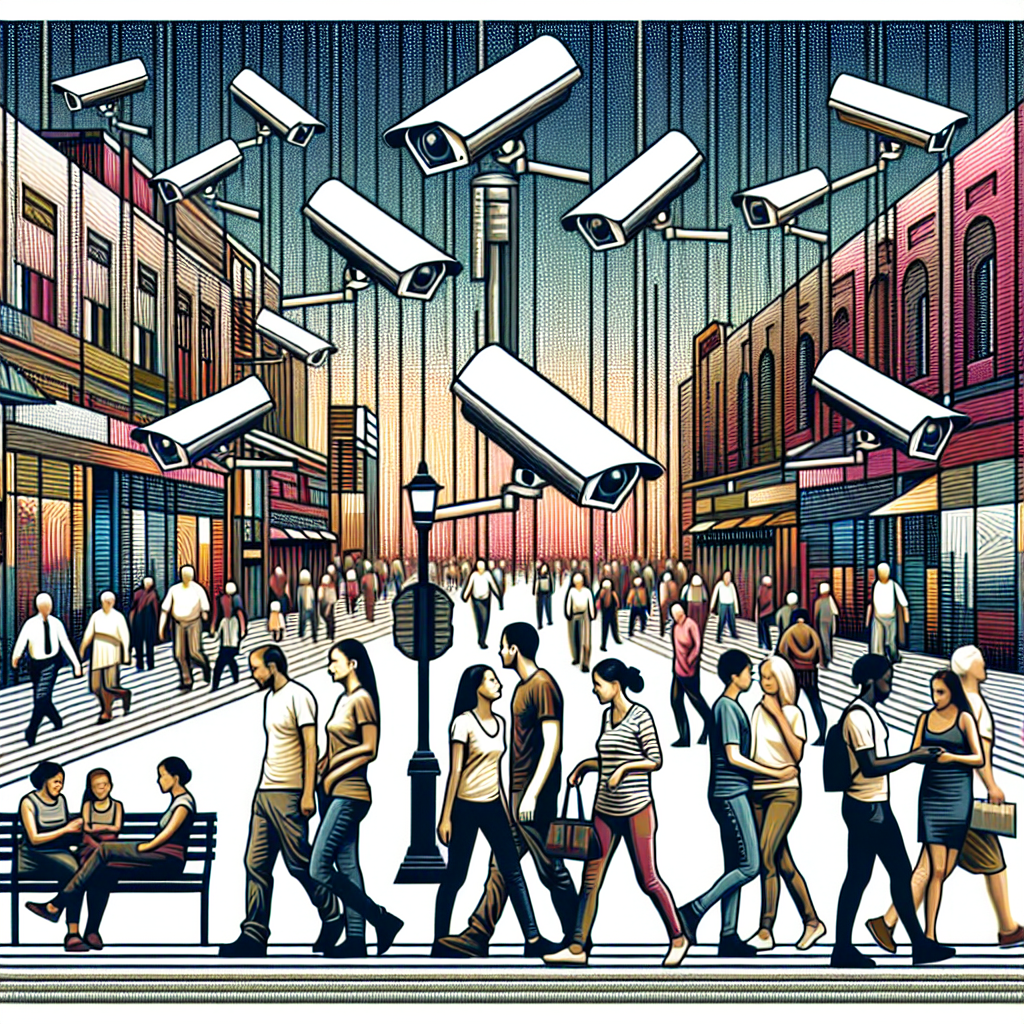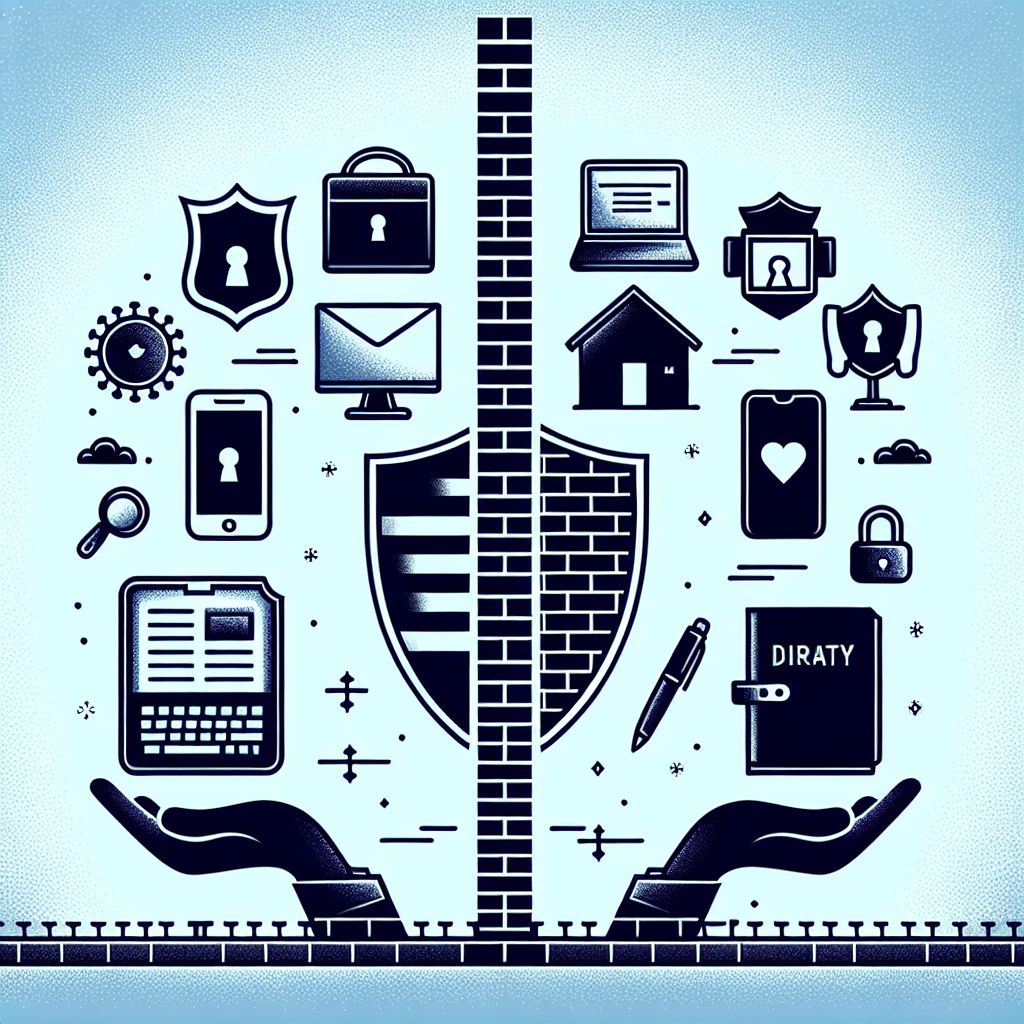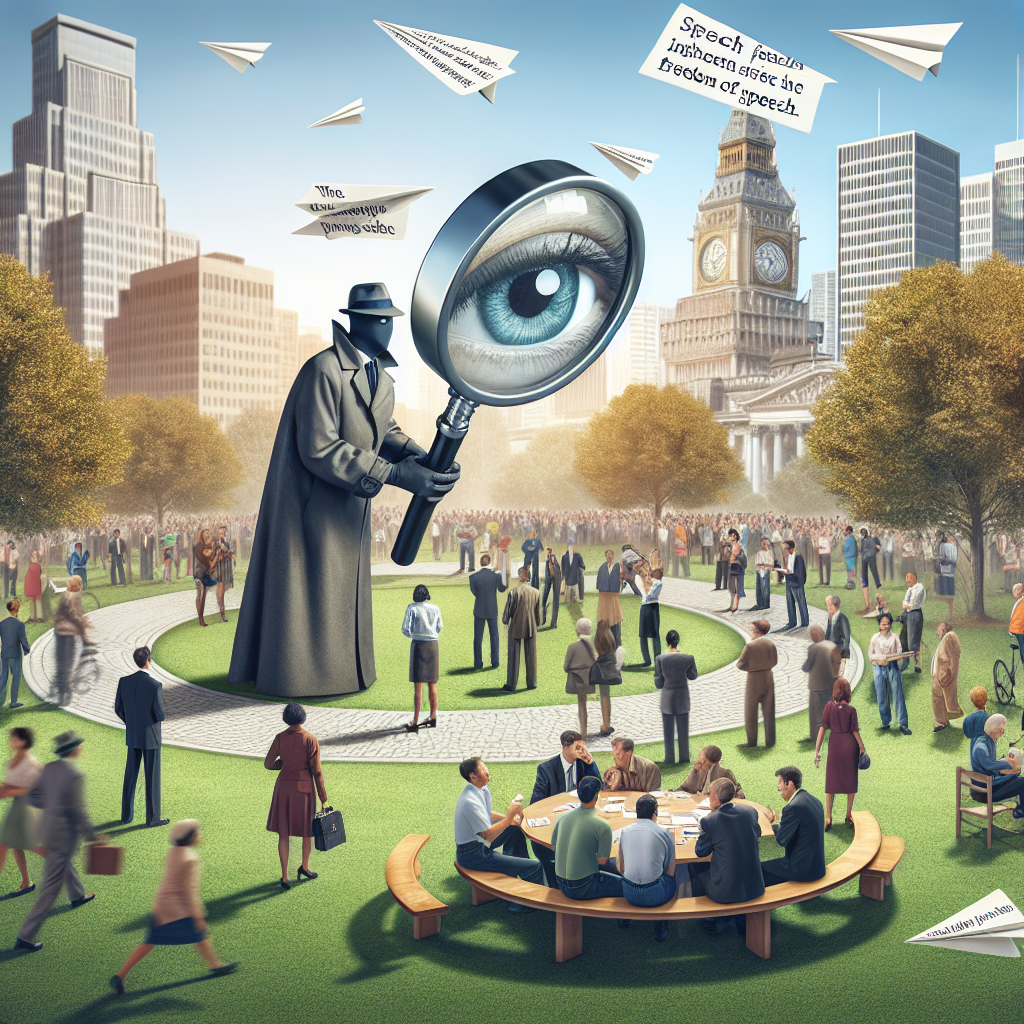Understanding the Psychological Effects of Living Under Constant Surveillance
The Rise of Surveillance in Modern Society
The integration of surveillance into everyday life has intensified with the advent of technology. CCTV cameras, social media tracking, and mobile device location services are just a few examples of how individual movements are monitored. This omnipresent surveillance environment can create a multitude of psychological effects on individuals.
The Concept of the Panopticon
Historically, the concept of the Panopticon—a design for a prison by philosopher Jeremy Bentham—illustrates how surveillance influences behavior. In a Panopticon, inmates are always observable but cannot tell when they are being watched. This uncertainty leads to a state of self-regulation, wherein individuals modify their behavior to avoid punishment or negative attention. Living under constant surveillance can mimic this effect, leading to changes in how people conduct themselves in social settings.
Increased Anxiety and Stress
Studies reveal that awareness of being monitored can significantly elevate anxiety and stress levels. This phenomenon is often termed “surveillance anxiety.” With the prevalence of cameras and tracking devices, individuals may feel a perpetual pressure to conform to societal norms or expectations. This can be particularly profound in workplaces where performance can be constantly evaluated, leading to burnout.
Erosion of Trust
Constant surveillance can erode trust—not only between individuals but also in societal structures. When individuals feel they are being watched all the time, they may become suspicious of motives behind the observation. This skepticism can lead to an environment of fear and defensiveness. When trust diminishes in a community, the social fabric can weaken, resulting in isolation and a lack of social cohesion.
Impact on Personal Identity
Living under the watchful eye of surveillance can profoundly affect personal identity and self-perception. Individuals may begin to curate their lives based on how they believe they are being perceived rather than their authentic self. This alteration often leads to identity fragmentation, where individuals no longer feel connected to their true values and personality. It can give rise to issues such as low self-esteem or identity disorders.
Habituation and Desensitization
Over time, individuals may become desensitized to surveillance. While some might adjust to the constant observation, developing a certain level of comfort, it often leads to a passive acceptance of infringing practices. This habituation can diminish the initial anxiety caused by surveillance, resulting in a dangerous complacency where individuals disregard the potential implications of living under scrutiny.
Changes in Behavior
Research indicates that individuals often modify their behaviors due to the presence of surveillance. This change is evident in both public and private settings. For instance, in environments with heavy surveillance, people may refrain from expressing their true opinions, fear dissidence, or avoid discussing sensitive topics. The consequences of this behavior change can extend to personal relationships, where genuine communication is suppressed due to the fear of judgment or monitoring.
The Bystander Effect
Like the well-known bystander effect, where individuals show a decreased likelihood of offering help in the presence of others, surveillance can inhibit individuals from taking action, even when witnessing wrongdoing. The presence of surveillance cameras may create a false sense of security, leading individuals to believe that someone else will intervene, thus promoting inaction.
Social Conformity
Individuals may feel compelled to conform to group norms under constant surveillance. The incessant observation can inspire a desire to blend in, leading to a phenomenon called “performative behavior,” where actions are taken to impress observers rather than for genuine reasons. This desire for acceptance can stifle creativity and individual expression, ultimately impacting a person’s mental health negatively.
Paranoia and Distrust
Living under surveillance can incite feelings of paranoia. Constantly imagining that one is being watched can lead to irrational thoughts and behaviors. Individuals may become hyper-vigilant, interpreting benign actions through a lens of suspicion. This heightened state of alertness can negatively affect mental health, leading to issues such as anxiety disorders and depression.
Stigmatization of Surveillance Subjects
Those who are frequently monitored may be subject to stigma. For instance, individuals residing in high-surveillance areas may find their behaviors scrutinized, leading to potential social ostracization or judgment. This stigma can exacerbate feelings of inadequacy and marginalization, resulting in an exacerbated negative self-image and societal detachment.
Resistance and Resilience
Despite the effects of constant surveillance, individuals may also develop resilience strategies. Some people learn to cope by minimizing their digital footprint or using privacy tools to shield their activities. Social movements advocating for privacy rights and reform often gain momentum in response to excessive surveillance, showcasing a collective resistance to overreach.
Privacy and Autonomy
Finally, constant surveillance impacts individuals’ perception of privacy and personal autonomy. The belief that one’s actions are under the microscope can foster a sense of helplessness. This intrusiveness may lead to a desire for privacy, where individuals retreat from public interaction and even limit their online presence.
Conclusion
In an era amplified by technology, the psychological effects of constant surveillance present a significant concern. The interplay between behavior, societal norms, and individual mental health creates a complex web that requires awareness and further study. As we navigate living in an environment laden with observation, understanding these effects remains crucial for promoting mental well-being and social integrity.













Leave a Reply